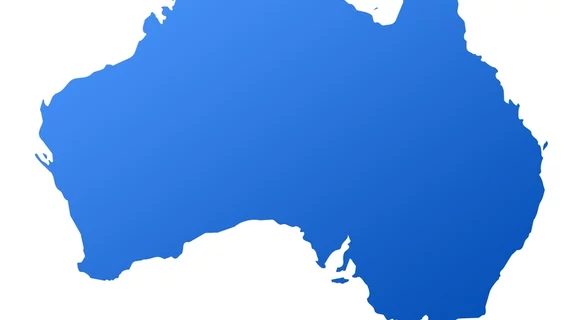Rural patients suffer as Tc-99m production stops at Australia's only nuclear medicine generator
The shutdown of Australia’s sole nuclear medicine generator of Technetium-99m (Tc-99m) 10 days ago due to mechanical problems is beginning to impact patient treatment, particularly for individuals in rural parts of the country, the Guardian reported.
The Australian Nuclear Science and Technology Organization (Ansto) operates the recently closed generator at Lucas Heights in New South Wales, south of Sydney. It typically produces nearly 10,000 doses of Tc-99m a week, which is shipped throughout the Asia Pacific region.
Australia recently received Tc-99m generators from the U.S., but those produce a fraction of what is needed, and according to the report, Ansto has not been rationing the available supply to areas in need. Patients, especially those with cancer and heart disease in rural areas, are being forced to fly to cities to get treatment, said Peter Tually to the Guardian.
“I’ve had to fly a patient to Perth and my colleagues in regional towns around the country are facing the same issue. Patients are having to leave loved ones to fly to Perth or Sydney,” Tually, director of Kalgoorlie Medical Imaging in Western Australia said. “We’ve never had this shortage happen to this extent before ... previous shortages have lasted a couple of days, max.”
Read the entire Guardian story below.

